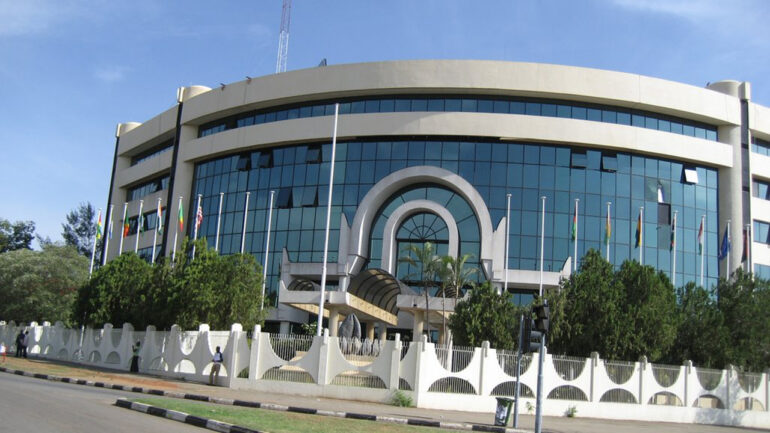Members of the Economic Community of West Africa States (ECOWAS) have approved the design for the $15bn Lagos-Abidjan Corridor Highway Development Project.
The approval was given during a meeting in Lagos State.
The group also said it will initiate the procurement process for the project at its next meeting.
The meeting which was chaired by Nigeria’s Minister of Works, Dave Umahi, discussed the project which is expected to cost $15bn and deepen regional economic integration.
The project is currently in its study phase, an indication that detailed research, planning, and design are still ongoing.
Highlighting the history and progress of the Lagos-Abidjan Highway Development Project, Umahi mentioned that the project, initiated in 2013, had received significant funding support from the African Development Bank.
He noted that the current meeting aimed to finalise and approve the design of the project, as it was nearing a crucial stage where concrete steps towards implementation could be taken.
He noted that the heads of member states of ECOWAS have met to agree on the project and that various stages of development, including design, environmental impact assessment, and funding mechanisms, had been ongoing for the past 11 years.
On his part, the Minister of Roads and Highways, Ghana, Francis Boakye, emphasised the importance of infrastructure, particularly roads, in driving socio-economic development.
He highlighted how highways could facilitate trade, tourism, and economic activities, and cited the example of the United States’ economic boom as evidence of this correlation.
Boakye emphasised the significance of the Lagos-Abidjan highway project in promoting economic integration within West Africa.
The Lagos-Abidjan Corridor Highway, scheduled to begin in 2025, is part of the greater Dakar-Lagos Corridor and one of the flagship priority development programmes of ECOWAS.
The about 1068 kilometers project will cover five ECOWAS member countries , namely – Côte d’Ivoire, Ghana, Togo, Benin Republic, and Nigeria, and will traverse eight border towns (four country-pair land borders) beginning from Eric Moore and ending in Abidjan.
The project is financed by the African Development Bank.


